Government stimulus measures such as JobKeeper, JobSeeker and early super access has pushed Australian's household financial comfort to near record highs, according to ME Bank's Household Financial Comfort Report.
The report, which surveyed 1,500 households in June, found that Australian household financial comfort increased 3% to 5.76 (out of 10) in the last six months to June 2020 - just shy of its historical high of 5.78 recorded in December 2014.
Need somewhere to store cash and earn interest? The table below features introductory savings accounts with some of the highest interest rates on the market.
Provider | |||||||||||||
|---|---|---|---|---|---|---|---|---|---|---|---|---|---|
| 4 | 0 | 0 | $product[$field["value"]] | $product[$field["value"]] | $product[$field["value"]] | More details | |||||||
Savings Accelerator
| |||||||||||||
Disclosure | |||||||||||||
Savings Accelerator
Disclosure
| |||||||||||||
| 4 | 0 | 0 | 1 | $product[$field["value"]] | $product[$field["value"]] | $product[$field["value"]] | More details | ||||||
| FEATURED | High Interest Savings Account (<$250k)
| ||||||||||||
Disclosure | |||||||||||||
High Interest Savings Account (<$250k)
Disclosure
| |||||||||||||
| 0 | 0 | 0 | $product[$field["value"]] | $product[$field["value"]] | $product[$field["value"]] | More details | |||||||
| FEATURED | Save Account
| ||||||||||||
Disclosure | |||||||||||||
Save Account
Disclosure
| |||||||||||||
| 0 | 1000 | 0 | $product[$field["value"]] | $product[$field["value"]] | $product[$field["value"]] | More details | |||||||
| FEATURED | Savings Maximiser
| ||||||||||||
Disclosure | |||||||||||||
Savings Maximiser
Disclosure
| |||||||||||||
| 4 | 0 | 0 | 0 | $product[$field["value"]] | $product[$field["value"]] | $product[$field["value"]] | More details | ||||||
Hi Saver | |||||||||||||
| 4 | 0 | 0 | 0 | $product[$field["value"]] | $product[$field["value"]] | $product[$field["value"]] | More details | ||||||
Bonus Saver | |||||||||||||
| 4 | 0 | 0 | 1 | $product[$field["value"]] | $product[$field["value"]] | $product[$field["value"]] | More details | ||||||
Online Saver | |||||||||||||
| 0 | 0 | 1 | $product[$field["value"]] | $product[$field["value"]] | $product[$field["value"]] | More details | |||||||
Up Saver Account | |||||||||||||
| 0 | 0 | $product[$field["value"]] | $product[$field["value"]] | $product[$field["value"]] | More details | ||||||||
Qsaver | |||||||||||||
| 0 | 100 | 1 | $product[$field["value"]] | $product[$field["value"]] | $product[$field["value"]] | More details | |||||||
Bonus Saver Account | |||||||||||||
| 0 | 100 | 0 | $product[$field["value"]] | $product[$field["value"]] | $product[$field["value"]] | More details | |||||||
Bonus Saver | |||||||||||||
| 3 | 0 | 0 | 0 | $product[$field["value"]] | $product[$field["value"]] | $product[$field["value"]] | More details | ||||||
Maxi Saver | |||||||||||||
| 0 | 100 | 1 | $product[$field["value"]] | $product[$field["value"]] | $product[$field["value"]] | More details | |||||||
Bonus Saver Account | |||||||||||||
| 4 | 0 | 0 | 1 | $product[$field["value"]] | $product[$field["value"]] | $product[$field["value"]] | More details | ||||||
Netsave Account | |||||||||||||
| 0 | 200 | 1 | $product[$field["value"]] | $product[$field["value"]] | $product[$field["value"]] | More details | |||||||
Growth Saver | |||||||||||||
| 4 | 0 | 0 | $product[$field["value"]] | $product[$field["value"]] | $product[$field["value"]] | More details | |||||||
Simple Saver | |||||||||||||
| 0 | 1000 | $product[$field["value"]] | $product[$field["value"]] | $product[$field["value"]] | More details | ||||||||
Virgin Money Boost Saver | |||||||||||||
| 0 | 2000 | 0 | $product[$field["value"]] | $product[$field["value"]] | $product[$field["value"]] | More details | |||||||
HomeME Savings Account (<$100k) | |||||||||||||
| 0 | 200 | 0 | $product[$field["value"]] | $product[$field["value"]] | $product[$field["value"]] | More details | |||||||
Online Savings - Premium Saver | |||||||||||||
| 0 | 10 | 0 | $product[$field["value"]] | $product[$field["value"]] | $product[$field["value"]] | More details | |||||||
mySaver | |||||||||||||

- Bonus variable rate for the first 4 months on balances up to $250k and high variable ongoing rates.
- No fees and no monthly requirements to earn interest.
- Easily open an account online in 3 minutes.
Financial comfort increased the most among typically struggling cohorts, such as casual workers, the unemployed, low income households and single parent households.
ME Bank’s Consulting Economist, Jeff Oughton said government support measures have allowed many who would typically be under financial stress to increase savings and pay off debts.
“Fear of COVID-19 and a very weak labour market triggered many households to increase precautionary savings, reduce spending, draw on long-term savings, such as superannuation, and delay bills or loan repayments,” he said.
“In June, 57% of households ‘spent less than they earned each month’ – up 8 percentage points to the highest level of households saving since the survey began nine years ago."
But the report also found that 21% of households have less than $1,000 in savings, on average about $300 which is significantly lower than the current JobSeeker fortnightly payment. Of those households, just 3% reported they could maintain their current lifestyle for more than six months if they lost their incomes.
More than half (59%) said it would be ‘difficult to find a new job in two months if they become unemployed’, while 30% said it would be 'very difficult'.
Mr Oughton warned that many households will struggle to get by once stimulus measures are wound back.
“Financial comfort levels are up for now, but many households are on the cliff’s edge. They’ve lost income, their jobs and entire livelihoods, their wafer-thin savings buffer is dwindling, and government support is the main action stopping them from falling over,” Mr Oughton said.
“Government stimulus has bought some time and helped boost the financial resilience of Australian households for now. But a household savings cliff remains as government support tapers. Unless the economy gains momentum, tapering government support too soon could have disastrous consequences on the financial comfort of households.
“This survey shows that the financial consequences for households of this pandemic remain critical. Many eyes will be on what governments do in the final months of 2020 and into next year."
40% of households have benefitted from support measures
The report also found that 40% of households have benefitted from Federal Government support schemes such as JobKeeper and JobSeeker, or accessed their superannuation early.
In the six months to June 2020, one in five Australian households had accessed one or both Federal government payment supports − specifically, JobKeeper (12%) and JobSeeker (9%).
- Gen Z was the largest recipient of JobSeeker (20%) and the second biggest beneficiary of JobKeeper (14%) just behind Gen X (18%).
- 12% dipped into their existing savings - rising to 27% among Gen Z
- 8% accessed up to $10,000 of their superannuation - rising to 30% among Gen Z (three times more than Gen Y and Gen X)
- 27% of Gen Z's dipped into their existing savings to make ends meet
- 15% of Gen Z requested rent reductions
- 26% of Gen Z delayed or deferred bills and 11% deferred loan repayments
Mr Oughton said while the impact of the pandemic has been felt strongly by some in this generation, overall the financial comfort of Gen Z increased 4% during the past six months to June, and for young adults living at home this jumped by 13%.
“Gen Z actively took up a variety of support measures to bolster their financial resilience and in turn financial comfort during the first wave of the pandemic," Mr Oughton said.
"This is likely due to many being employed on a casual or part time basis across COVID-19 affected industries such as retail, hospitality and tourism."
Single parents reported the largest gain in financial comfort (up 13% to 5.04), boosted by the introduction of free childcare as well as the increased income payments from government.
However, the overall level of financial comfort of single parents, the unemployed, and households with low comfort and low savings remains well below the average Australian household.





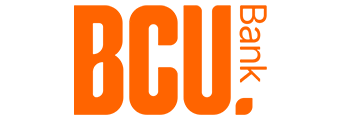



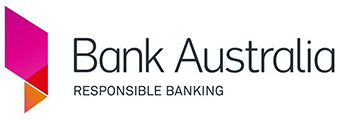
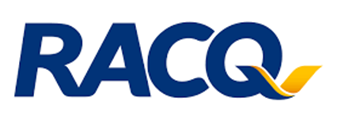
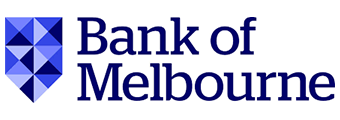
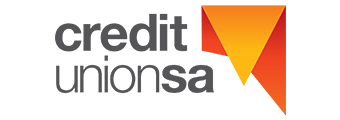






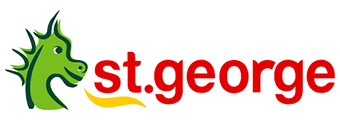
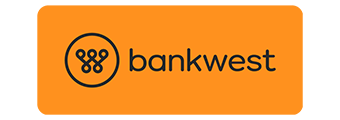
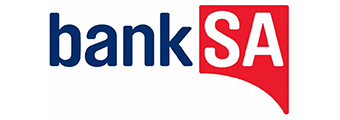
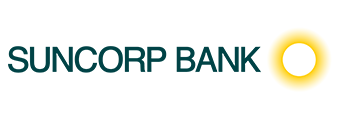
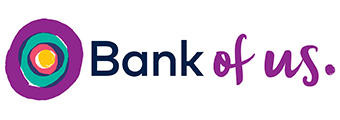
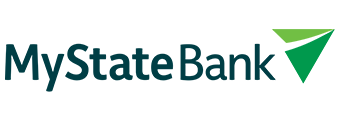
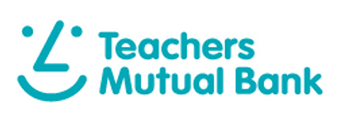
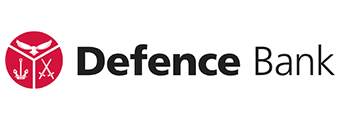

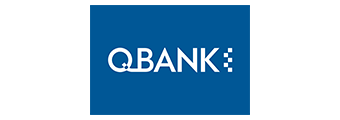

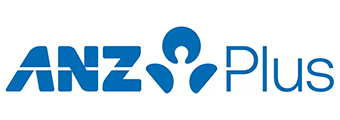



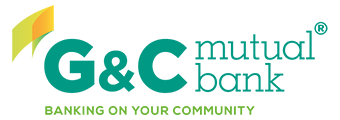



 Denise Raward
Denise Raward
 Harry O'Sullivan
Harry O'Sullivan

 Harrison Astbury
Harrison Astbury
 William Jolly
William Jolly

